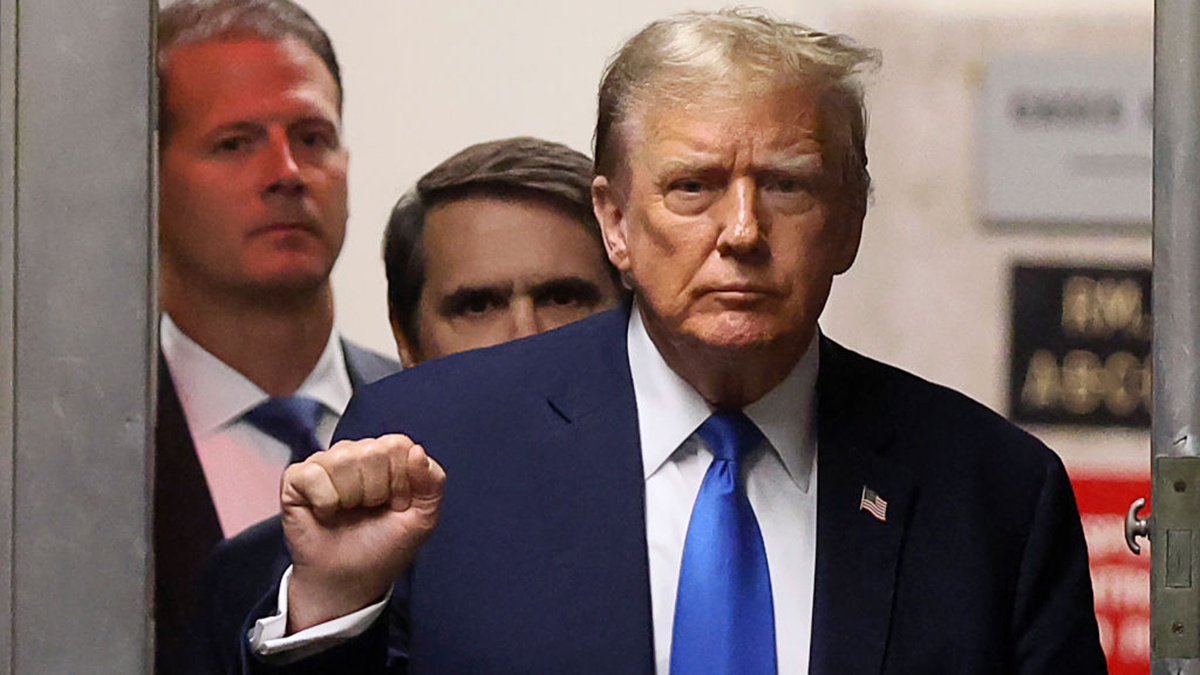From rallies to sit-ins, Democrats have tried a number of strategies in recent weeks to force a vote on gun reform.
Democrats don’t currently have the deciding vote in Congress, so what did the party accomplish when it did have control back in 2009 and 2010?
Congressional records from that time, the 111th Congress and the first under President Barack Obama’s tenure, show that Democrats did pass historic legislation during that time, including the Stimulus Bill, Dodd-Frank and the Affordable Care Act.
Noticeably absent is any significant legislation on guns.
"Let’s put it this way, the government was less intrusive, a little bit less concerned, a little bit less involved with some of the other laws that were already on the books," said NBC Bay Area political analyst Larry Gerston. "No changes really to speak of. I mean that was it."
Gun laws by the 111th Congress include legislation that allowed firearms to be carried in national parks and on Amtrak trains, as well as the Law Enforcement Safety Improvement Act, which helps retired, qualifying police officers carry concealed weapons.
"Unfortunately for the last 20 years or so nothing has happened at the federal level," says Juliet Leftwich, legal director at the Law Center to Prevent Gun Violence. "There's a lot of political cowardice, and the NRA has a stranglehold over Congress."
U.S. & World
The Law Center to Prevent Gun Violence and its founders were instrumental in passing the last major piece of federal gun reform legislation, a 1994 federal assault weapons ban. The law went into effect after the 1993 massacre at a law firm in San Francisco, known as the 101 California Street shooting.
Leftwich says the tragic shooting in Newtown, Connecticut, in 2012 shook the nation to its core and was a recent turning point for political sentiment about guns.
"There's just a different feeling in the country now about this issue, and hopefully the politicians will hear that," she said. "Even if it's only for their self-interest, [I hope] that they will act accordingly."
The reality is lawmakers are protesting for gun laws like "No Fly, No Buy," but those reforms were already proposed in the 111th Congress by Democrats and Republicans.
For example, Rep. Mike Castle and Sen. Frank Lautenberg, both Republicans, sponsored legislation to close the gun show loophole. And New York Rep. Peter King, also a Republican, backed a bill aimed at, "denying firearms and explosives to dangerous terrorists."
None of those proposals even made it out of committee. That falls directly at the hands of the ruling party, Gerston says.
"At the end of the day, in the U.S. Senate it is the majority leader," he said. "It is the majority leader. Period. It is the Speaker. Period."
That would be Harry Reid and Nancy Pelosi, respectively. There’s no guarantee that either leader couldn’t moved those bills through their chamber, after all the 60-vote Democratic “supermajority” was extremely fragile.
It’s also true that those leaders chose to use their political capital on other issues.



